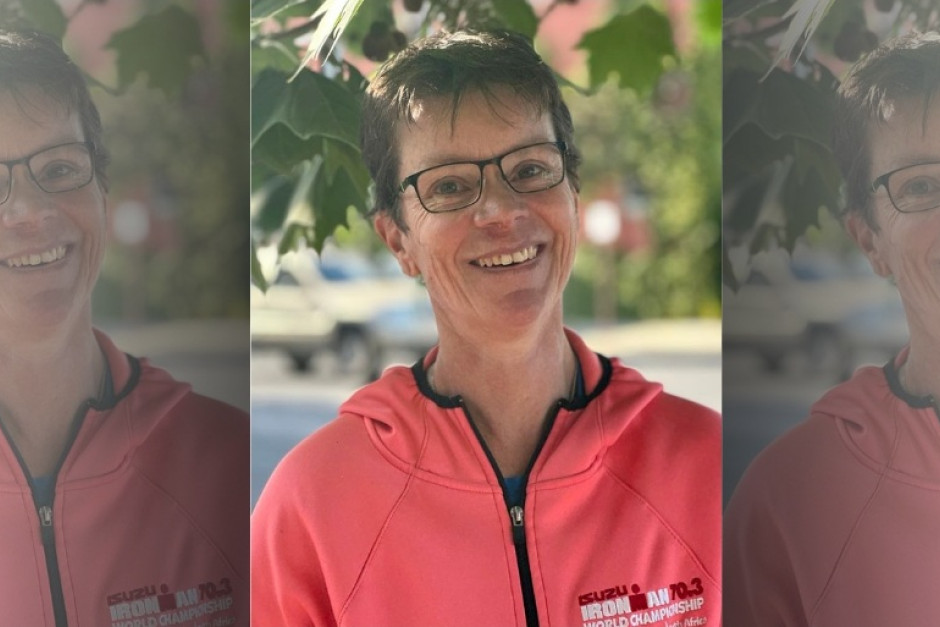General News
26 October, 2025
Smiles with Sally: the cost-benefit of a Smile
Have you ever thought about ignoring a treatment plan your doctor has given you?

Have you ever thought about ignoring a treatment plan your doctor has given you?
It might sound unusual, but it happens more often than you’d expect, and often, the reason isn’t about the medicine at all but about how someone feels in the moment.
Fausto Avanzini, a cardiologist, shared a beautiful story about supporting his best friend Andrea through 18 months of cancer treatment.
He didn’t sit beside him as Dr. Avanzini, He sat there as a mate, and what he saw in those months taught him lessons that no medical textbook could ever capture.
Andrea had dozens of appointments with different doctors. Each time, he arrived carrying not just his paperwork, but his worries, hopes, and expectations.
Some doctors recognised those things and gave him the time, eye contact, and reassurance he craved where others didn’t.
When he felt seen, he left encouraged. When he didn’t, he left flat, and sometimes even angry.
There was one moment Fausto will never forget. An oncologist carefully reviewed Andrea’s scans, explained the findings, and laid out the treatment plan.
Clinically, everything was spot on, but he never once looked Andrea in the eye. Not once, and that was it. Andrea said no.
Not because he didn’t want to get better, not because he doubted the treatment, but simply because he didn’t feel seen.
That made Fausto stop and think about the cost–benefit of something as small as a glance, a nod, or a smile.
Could such a tiny gesture really change whether someone accepts treatment or walks away?
His answer was yes.
A smile won’t cure cancer, but it might be the reason someone keeps fighting.
A glance across the desk can lower stress. A kind expression can build trust where words fall short.
Presence can soften fear in ways that medicine alone can’t, and it’s not just in hospitals.
The same is true in workplaces, families, and communities.
People respond to how we make them feel.
We can bring the best research, the best strategies, and the best solutions, but if we don’t bring presence, trust, and humanity, people won’t always take them on.
The good news is that those small gestures cost us nothing, and the benefit could be the reason someone keeps showing up, keeps trying, or keeps believing they’re not alone.
So maybe this week, we can all try a little “Fausto test” in our own lives.
When you’re in a conversation, whether at work, at home, or in your community, notice whether you look up, smile, and make them feel like they matter.
The truth is, those little things aren’t little at all. They’re often the very things that change everything.